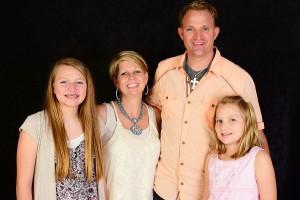By General Baptist Ministries
This post was originally published in the Fall issue of the GB Messenger. Don’t receive the Messenger? You can always catch the latest digital issue on the Messenger website, www.gbMessenger.org
In an effort to provide denominational services and connections as close to the field as possible, Executive Director Clint Cook has appointed a team of Field Representatives to provide personal connections to General Baptist pastors. The Barnabas Project intends to establish personal connections to General Baptist pastors through regular, planned contact. General Baptist Ministries has maintained a history of service to the pastors of its churches that can be traced back to the days when such ministry was funded and organized by the Christian Education and Publications Board. In the reorganization of 1996 a Pastoral Ministries Department was included.
These Field Representatives have agreed to make personal contact with the pastors in their care by a phone call or by in-person conversation two to three times annually. They will address the specific areas of concern identified by the executive director while also being sensitive to the needs and concerns of the pastors in their assigned group.
As much as possible the current listing of General Baptist pastors has been divided into regional listings with some specialized groupings. Some of the regions are small enough geographically that the field representative will be able to attend Presbytery and Ordaining Council meetings to establish direct, personal connections. In other regions contact will be primarily by phone.
For more information or to provide updated contact information please contact Congregational Ministries at 573-785-7746 or cmofc@generalbaptist.com. Continue reading

